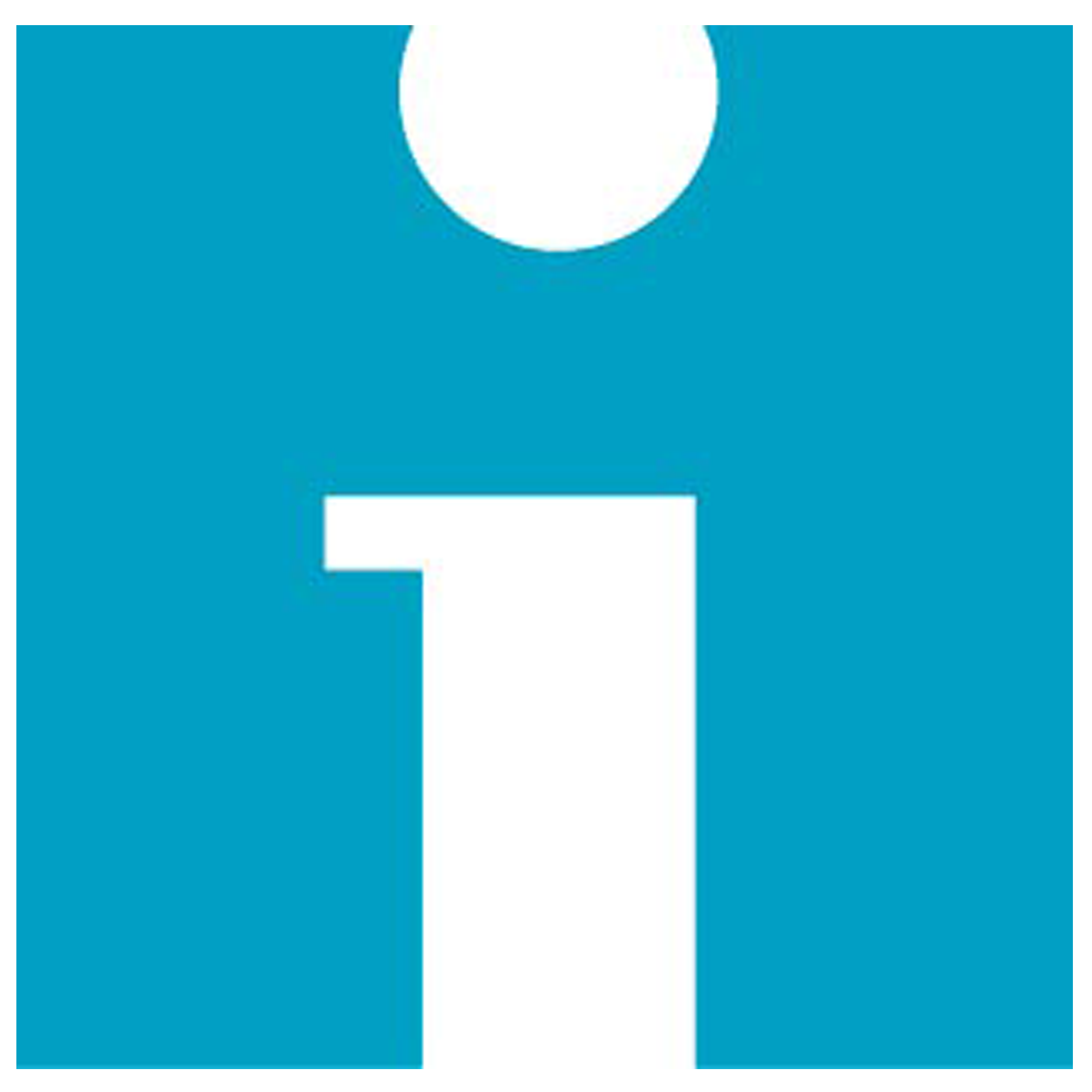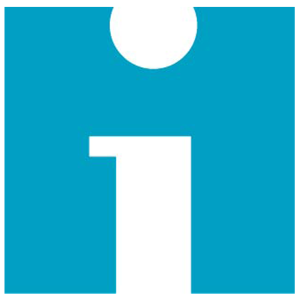

WIHI is an exciting "talk show" program from IHI. It's free, it’s timely, and it’s designed to help dedicated legions of health and health care improvers worldwide keep up with some of the freshest and most robust thinking and strategies for improving health and patient care. Learn more at ihi.org/wihi
Episodes

Thursday Jul 18, 2019
WIHI: Aim High For Equity in the Health Care Workforce
Thursday Jul 18, 2019
Thursday Jul 18, 2019
Date: July 18, 2019
Featuring:
- Stephen Mette, MD, Chief Clinical Officer, interim Chief Executive Officer, Senior Vice Chancellor Clinical Programs, University of Arkansas for Medical Sciences (UAMS) Medical Center
- Andrea Werner, MSW, Senior Vice President, Bellin Health Systems
- Kalyn Witak, Talent Acquisition Specialist, Bellin Health Systems
- Saranya Loehrer, MD, MPH, Head of Innovation, Institute for Healthcare Improvement
If you’re looking to learn more about the role health care systems can play in the efforts to improve workforce equity, then this episode of WIHI, Aim High for Equity in the Health Care Workforce, is for you. We’ll hear from two members of IHI’s Leadership Alliance: Bellin Health Systems and the University of Arkansas for Medical Sciences Medical Center (UAMS) on their work in the Alliance’s Equity Workgroup. In 2018, the Workgroup developed a Call to Action to Achieve Health Equity, pledging to create “a more diverse, inclusive, and equitable workforce in our organizations.” Health system leaders recognize the need to better understand and address the ways in which workplace inequities, e.g., low income or stagnant career growth, impact the health of the communities in which their institutions reside. IHI's Saranya Loehrer kicks off the dicusssion, followed by leaders from Bellin andUAMS who highlight the implementation details of their workplace equity efforts and share their learnings thus far.

Thursday Jun 13, 2019
WIHI: Assessing the Value of Age-Friendly Health Care
Thursday Jun 13, 2019
Thursday Jun 13, 2019
- Victor Tabbush, PhD, Adjunct Professor Emeritus, UCLA Anderson School of Management
- Robert Scott Dicks, MD, FACP, Chief, Division of Geriatric Medicine and Gerontology; Director, Geriatric Medicine, Hartford Hospital
- Christine Waszynski, APRN, Coordinator, Inpatient Geriatric Services, Hartford Hospital
- Suzanne Engle, RN, BSN, Director of Care Coordination, St. Vincent/Ascension
- Jennifer Allbright, RN, BSN, Manager, Center for Healthy Aging, St. Vincent/Ascension
It hasn't always been easy to talk about the business case for quality improvement, let alone isolate the financial benefit. Now, there's a way to do both, in the context of transformative, age-friendly care. On this episode of WIHI our expert panel discusses a new IHI and Age-Friendly Health Systems (AFHS) report, The Business Case for Becoming an Age-Friendly Health System, and reviews the Report’s two prominent case studies: Hartford Hospital and St. Vincent’s Hospital. The panel discusses the potential to unlock cost savings and generate new revenue through the adoption of the 4Ms Framework, all while providing safer, more appropriate care. If you’re looking to learn more about the financial benefits of being an Age-Friendly Health System, this episode of WIHI is for you.
Short description (for IHI.org preview only): What are the financial benefits of being an Age-Friendly Health System?

Tuesday Jun 04, 2019
WIHI: Taking Acute Pain Seriously, Treating it Safely
Tuesday Jun 04, 2019
Tuesday Jun 04, 2019
May 30, 2019
Featuring:
- John Krueger, MD, MPH, Division Vice President for Quality, CHI Franciscan
- Joan Maxwell, Patient Advisor, John Muir Health
- Scott K. Winiecki, MD, Director, Safe Use Initiative, US Food and Drug Administration (FDA)
The key components of safer acute pain management systems, along with tools and resources to support new practices, are highlighted in a new IHI report, Advancing the Safety of Acute Pain Management. In this episode of WIHI, we dive into the report with three experts: John Krueger, Joan Maxwell, and Scott Winiecki. John and Joan discuss establishing shared expectations with their video simulation of a doctor and patient discussing her upcoming surgery, and Scott shines light on the work being done by the Safe Use Initiative at the FDA.
Our WIHI guests all agree that health care needs to create safer processes for a patient population that is becoming more aware of the risks of opioids, more realistic about their ability to tolerate some pain, and more open to non-opioid remedies for pain management. If you’re looking to learn more about how to create these processes, then this WIHI is for you.

Thursday Apr 18, 2019
WIHI: What’s an Apology Worth? The Case for Communication and Resolution
Thursday Apr 18, 2019
Thursday Apr 18, 2019
Date: April 18, 2019
Featuring:
Thomas H. Gallagher, MD, Professor, Department of Medicine, University of Washington; Associate Chair, Patient Care Quality, Safety, and Value
Allen Kachalia, MD, JD, Director, Armstrong Institute for Patient Safety and Quality; Senior Vice President for Patient Safety and Quality, Johns Hopkins Medicine
Description:
When a patient is unintentionally harmed during medical treatment, how should organizations respond?
Not that long ago, steps like these were unthinkable and, from a risk manager's perspective, totally unwise. Today these practices are at the core of what are called communication and resolution programs (or CRPs), and their architects say there's been a significant uptick in US health systems using them. Our guests are two leading experts on CRPs, Tom Gallagher and Allen Kachalia. They and a team of researchers have been teasing out the reasons why so many health care leaders are committed to the principles of CRPs, but hesitant to deploy the practices.
If you've been wondering what's been going on with CRPs and new ways forward, this WIHI is for you.

Thursday Mar 21, 2019
WIHI: How to Make Patient Safety Easier to Explain and to Champion
Thursday Mar 21, 2019
Thursday Mar 21, 2019
Date: March 21, 2019
Featuring:
- M.E. Malone, MS, MPH, Deputy Director, Betsy Lehman Center for Patient Safety
- Rose Hendricks, PhD, Researcher, FrameWorks Institute
- William Berry, MD, MPA, MPH, Associate Director and Senior Advisor to Executive Director, Ariadne Labs
Certain concepts have become hallmarks of improving patient safety and second nature to improvers — for example, systems thinking and building a culture of safety. However, try explaining this work to people outside safety improvement circles and you're likely to confront the reality that the degree to which health care can be unsafe and that medical errors and near misses occur is not universally shared. Or understood.
The Betsy Lehman Center has been working on a multi-phase effort to better understand these disconnects and the messaging and terminology that might fix them. They've published a new report, and we dug into the findings and recommendations on the March 21 WIHI: How to Make Patient Safety Easier to Explain and to Champion.

Friday Feb 22, 2019
WIHI: How to Speak So Leaders Will Listen
Friday Feb 22, 2019
Friday Feb 22, 2019
- Derek Feeley, President and CEO, Institute for Healthcare Improvement (IHI)
- Angela A. Shippy, MD, FACP, FHM, Senior Vice President & Chief Quality Officer, Memorial Hermann Health System
How much thought and preparation go into how you pitch new ideas and initiatives to leaders in your organization? If you've been frustrated by lack of support or buy-in from a leader, it's possible that you did not win that person over at the start.
IHI's President and CEO, Derek Feeley, recently penned a blog? on the ingredients he's found can help an initial pitch succeed and was joined on this episode of WIHI, How to Speak So Leaders Will Listen, Derek was joined by Angela Shippy, Memorial Hermann Health System's Senior Vice President and Chief Quality Officer, to offer feedback on pitches from improvers in the IHI community.
Together, Derek and Angela reflected on how challenging it can be to lack the backing or active involvement of leadership to pursui improvement work in health and health care, shared their suggestions and advice for getting the attention of leaders in order to spark meaningful improvement and change.

Friday Jan 18, 2019
Friday Jan 18, 2019
- Beth Daley Ullem, MBA, President, Quality and Safety First
- Tejal K. Gandhi, MD, MPH, CPPS, Chief Clinical and Safety Officer, Institute for Healthcare Improvement (IHI)
- Ruth A. Mickelsen, JD, MPH, Senior Lecturer, University of Minnesota School of Public Health; Chair, HealthPartners Board of Directors
How well do health care boards oversee health care quality? Trustee oversight of finances has a long track record, while accountability for health care quality is relatively new and features a steep learning curve. There are hundreds of quality metrics to understand along with dozens of initiatives to improve care. Indeed, board members often complain that they're handed so much information, it's hard to ask hard questions, let alone engage in oversight.
Is there a better way for boards to fulfill their mandate of ensuring health systems live up to theirs on quality? Maybe so. The IHI Lucian Leape Institute has just released a white paper, that pairs a new online assessment tool with a new framework, to help boards and health care leaders work together to take a giant step forward with governance of quality. We explored those details and more on the January 17 WIHI: NEW Guidance for Governance of Health System Quality – What Trustees Should Know and Do.

Tuesday Dec 18, 2018
Special Edition WIHI - Women in Action: Paving the Way for Better Care
Tuesday Dec 18, 2018
Tuesday Dec 18, 2018
Date: December 20, 2018
Featuring:
Mona Hanna-Attisha, Pediatric Public Health Whistleblower
Maureen Bisognano, President Emerita and Senior Fellow, Institute for Healthcare Improvement
Vania Deonizio, Healer of Forgotten Wounds
Celine Gounder, Storytelling Disease Detective
WIHI is pleased to present a Special Edition Podcast, Women in Action: Paving the Way for Better Care, featuring a panel of outstanding women who are creatively and effectively reshaping caregiving, and conversations about health and health care in the US and around the world. Whether itís blowing the whistle on the dangerous levels of lead in drinking water in Flint, Michigan, championing the healing powers of dance and movement in hospitals, or shining a human spotlight on disease outbreaks throughout the world, we learn from the panel that there are multiple ways to act and make a difference today.
WIHI recorded this keynote panel, moderated by Maureen Bisognano, on December 11, 2018, in Orlando, Florida, at the Institute for Healthcare Improvementís 30th Annual National Forum on Quality Improvement in Health Care.
You can learn more about Maureen Bisognano and the backgrounds of the keynote panelists ñ Mona Hanna- Attisha, Vania Deonizio, and Celine Gounder ñ here. [link to biosÖhave to figure out how to link to specific bios since theyíre spread out on the Forum web pages]
The podcast is one hour; we recommend that you have the presentation slides (posted on this page) handy for reference as youíre listening. Vania Deonizio also shared a video about Danciní Power during her remarks. Youíll find a link to the video just below.

Friday Nov 09, 2018
WIHI: BUILDING THE WILL AND SKILL TO BE A CLINICAL IMPROVER
Friday Nov 09, 2018
Friday Nov 09, 2018
November 8, 2018
Featuring:
- Brent C. James, MD, MStat, Clinical Professor (Affiliated), Department of Medicine, Stanford University School of Medicine; Senior Fellow, IHI; Former Chief Quality Officer, Intermountain Healthcare
- Kedar Mate, MD, Chief Innovation and Education Officer, Institute for Healthcare Improvement
- Kavita P. Bhavan, MD, MHS, Associate Professor Infectious Diseases, UT Southwestern; Medical Director, Outpatient Parenteral Antimicrobial Therapy Clinic, Parkland Health & Hospital System
Clinical and administrative leaders in health care know how difficult it is to shape one, unifying workplace culture. And while interdisciplinary team-based care is becoming more common in health systems, the range of people taking care of patients perform their jobs based on very different professional backgrounds and training.
Can quality improvement (QI) break down these silos? Can it nurture a new kind of culture, where QI is the knowledge that unites clinicians in the common pursuit of better clinical decision making and encourages more clinicians to take the lead with improving care delivery? There’s evidence to suggest yes.
Whether the issue is curbing overdiagnosis and overtreatment; reducing waste, costs, and patient suffering; or factoring in “what matters” to a patient when considering treatment options, clinicians who are improvers can lead the way. We explored this topic and more on the November 8 WIHI: Building the Will and Skill to Be a Clinical Improver.

Friday Oct 26, 2018
WIHI: Lowering Readmissions, Reducing Disparities
Friday Oct 26, 2018
Friday Oct 26, 2018
Date: October 25, 2018
Featuring:
Andrea Tull, PhD, Director of Reporting and Analytics, Edward P. Lawrence Center for Quality & Safety, Massachusetts General Hospital (MGH)
Aswita Tan-McGrory, MBA, MSPH, Deputy Director, The Disparities Solutions Center
Initiatives to reduce avoidable readmissions are the norm in US health systems today, particularly because Medicare fines hospitals with higher-than-expected rates. Health care leaders also recognize that when patients are readmitted to the hospital within 30 days of discharge, it usually indicates that processes are not what they should be.
In addition, health care organizations have come to appreciate that non-clinical issues, often referred to as social determinants of health, have a great bearing on rehospitalizations — everything from poor housing to unstable income to food insecurity. Collecting data to better assess the impact and better address these determinants to prevent readmissions is ongoing. We gained gain some valuable insights into the efforts of a major health care system in Massachuestts and their learning curve on the October 25 WIHI: Lowering Readmissions, Reducing Disparities.